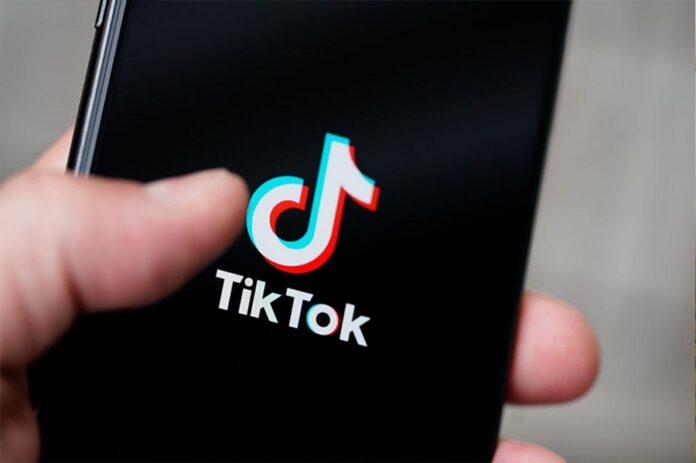TikTok, the Chinese-owned video-sharing platform, is fighting back in the courts after regulators in Europe slapped it with a €345 million data privacy fine and a compliance order for failing to take care of the private data of its teenage users, according to Bloomberg.
The ByteDance Ltd. unit said it’s filed an appeal in the European Union’s General Court against the penalty and is also challenging locally an order by its lead data regulator in Ireland to eliminate “deceptive or manipulative” practices that could undermine privacy.
The TikTok fine followed intense scrutiny of child safeguarding practices at the company, which has more than 1 billion users worldwide and is best known for viral dance challenges.
Last week, it was added to a growing list of leading social media players, along with Meta Platforms Inc. and Elon Musk’s X, who got warning letters by the EU to take prompt action to stop the spread of disinformation.
The Irish Data Protection Commission fined TikTok in September after concluding that the app failed to protect minors against unnecessary data processing and didn’t act in a transparent manner. The probe related to a five-month period from July 2020 to December 31, 2020, and found that TikTok’s data processing during that period was in violation of General Data Protection Regulation rules concerning children between the ages of 13 and 17.
Under the GDPR, the Irish data watchdog is in charge of all probes into TikTok, because the platform now has its EU base in Dublin. But, given the alleged infringement was EU-wide, the European Data Protection Board — a panel of European regulators responsible for enforcing the law — had to approve the final decision.
TikTok confirmed the appeals, declining to comment further. The EDPB and the Irish data watchdog declined to comment.
The EU panel, which consists of representatives from 30 European countries, raised concerns over the way TikTok “nudges” children into creating a public account, and making videos posted online public by default.


